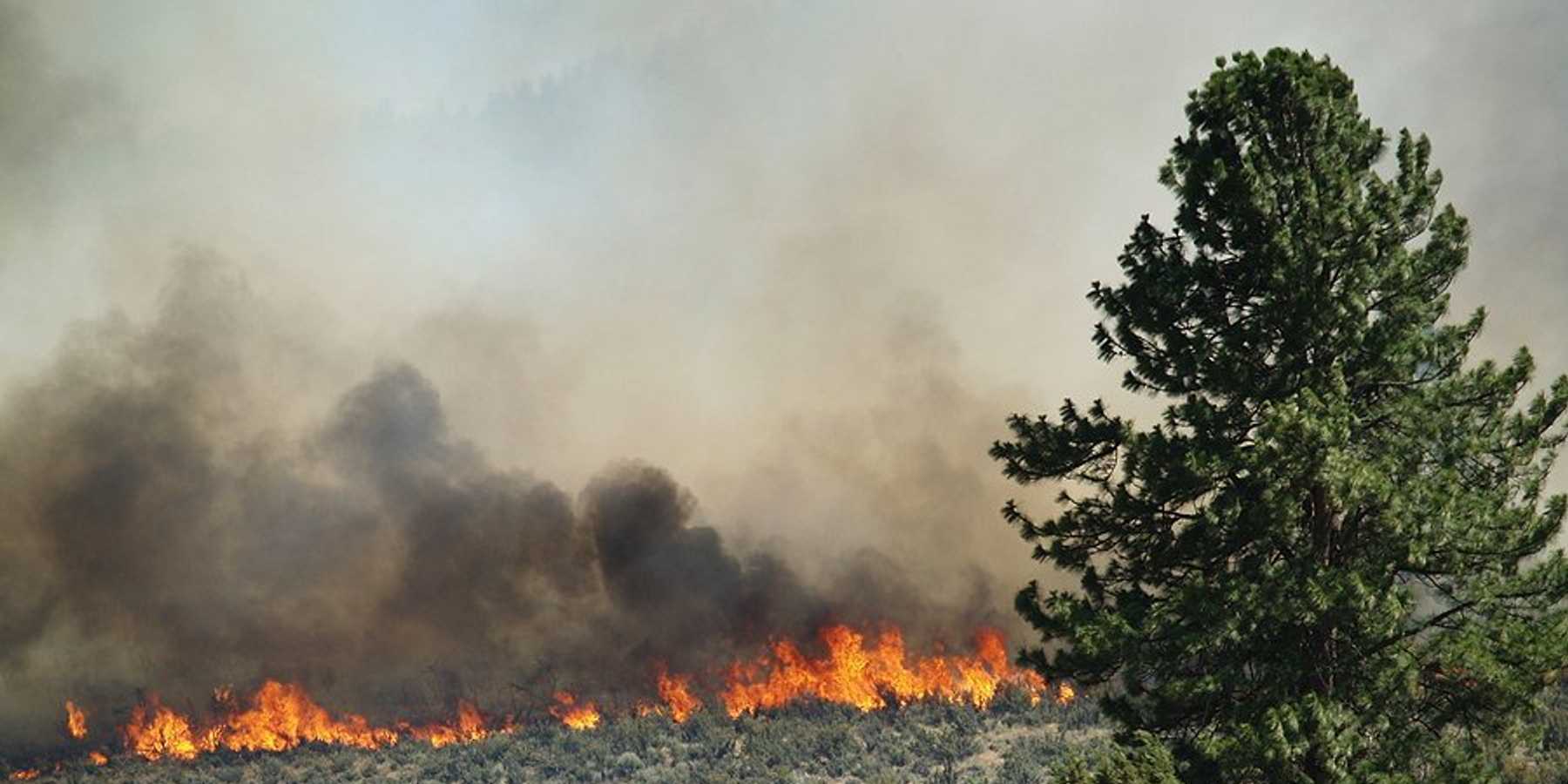
Wildfires now threaten drinking water systems across the Western U.S.
A chlorine gas leak during the Grand Canyon's Dragon Bravo Fire forced firefighters to retreat and exposed the growing danger wildfires pose to public water systems across the American West.
Faith Kearns writes for The Conversation.
In short:
- The Dragon Bravo Fire damaged the Grand Canyon’s only water system, including a treatment facility and pipes, triggering contamination risks and water shortages for firefighting and public use.
- Similar incidents have occurred in California, Oregon, Colorado, and Los Angeles in recent years, where fires melted plastic pipes, introduced chemicals like benzene into water systems, and caused hydrants to run dry.
- Many water systems were built decades ago without today’s fire risks in mind and now face growing threats from aging infrastructure, hazardous chemical storage, limited staffing, and climate-driven megafires.
Why this matters:
Wildfires are increasingly a threat to clean drinking water. From the Grand Canyon to California’s suburbs, fires have melted pipes, compromised treatment facilities, and released hazardous chemicals into water systems. These systems, often decades old and built for different conditions, weren’t designed to withstand megafires fueled by climate change. When water pressure drops or treatment facilities burn, firefighters can’t do their jobs, and communities lose access to safe water. The problem is especially dire for small, rural, and tribal systems that lack backup infrastructure. As wildfire seasons grow longer and more intense, these overlapping risks expose a fragile lifeline — one that millions of people rely on every day for drinking, sanitation, and survival.
Learn more: Wildfires leave lasting scars on water supplies by spreading contaminants for years













